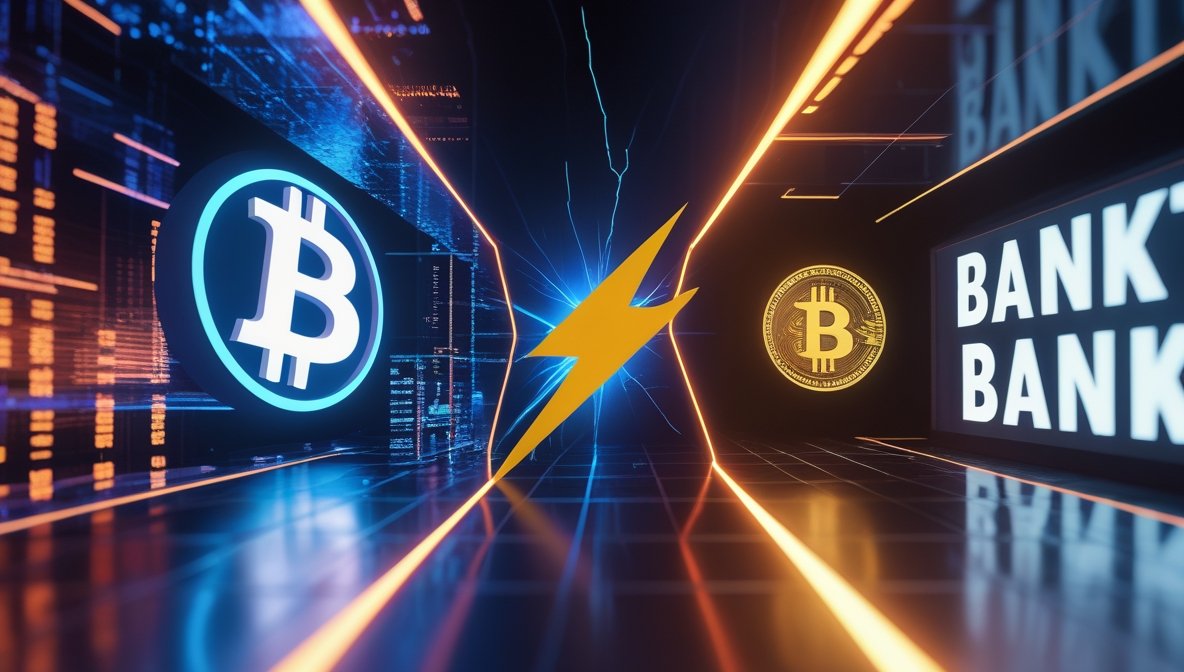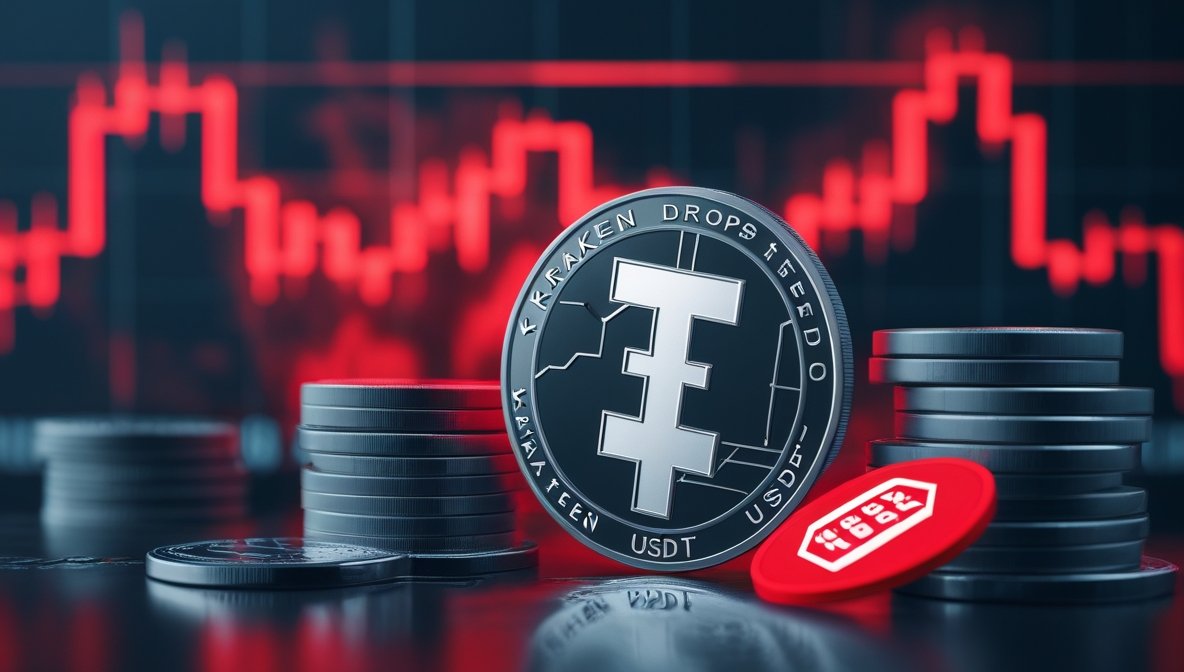Pi Network recently reached a critical milestone with the migration of 10 million users to Mainnet; many are very optimistic that the highly expected launch of Open Mainnet will materialize earlier this year.
Pi Network is moving with big leaps: it has so far migrated more than 10 million accounts to its Mainnet-a big step toward full decentralization. This is a huge deal for users who have been mining Pi for years in wait for a full-fledged blockchain launch. However, the Pi Core Team made it clear that users have to finish the KYC and migrate their accounts to Mainnet or else they lose their Pi.
YOU MIGHT ALSO LIKE: El Salvador Bolsters Bitcoin Reserves with 20 BTC Purchase This Week
To help stragglers, Pi Network has extended the Grace Period deadline to end of February this year. That means there’s still time for those who haven’t verified their identity to get their coins transferred. But the big question remains—when is Open Mainnet launching?Although not an official date has been confirmed, reaching 10 million migrations may mark the beginning of the big reveal.
YOU MIGHT ALSO LIKE: Canadian Hacker on the Run After $65M Crypto Heist
But, in fact, many in the Pi community consider that Open Mainnet might happen as early as Q1 of this year, where finally one will be allowed to trade, from a closed ecosystem to basically a full cryptocurrency network in actual operation. The next big piece of news everybody waits for concerns Pi Network:.










